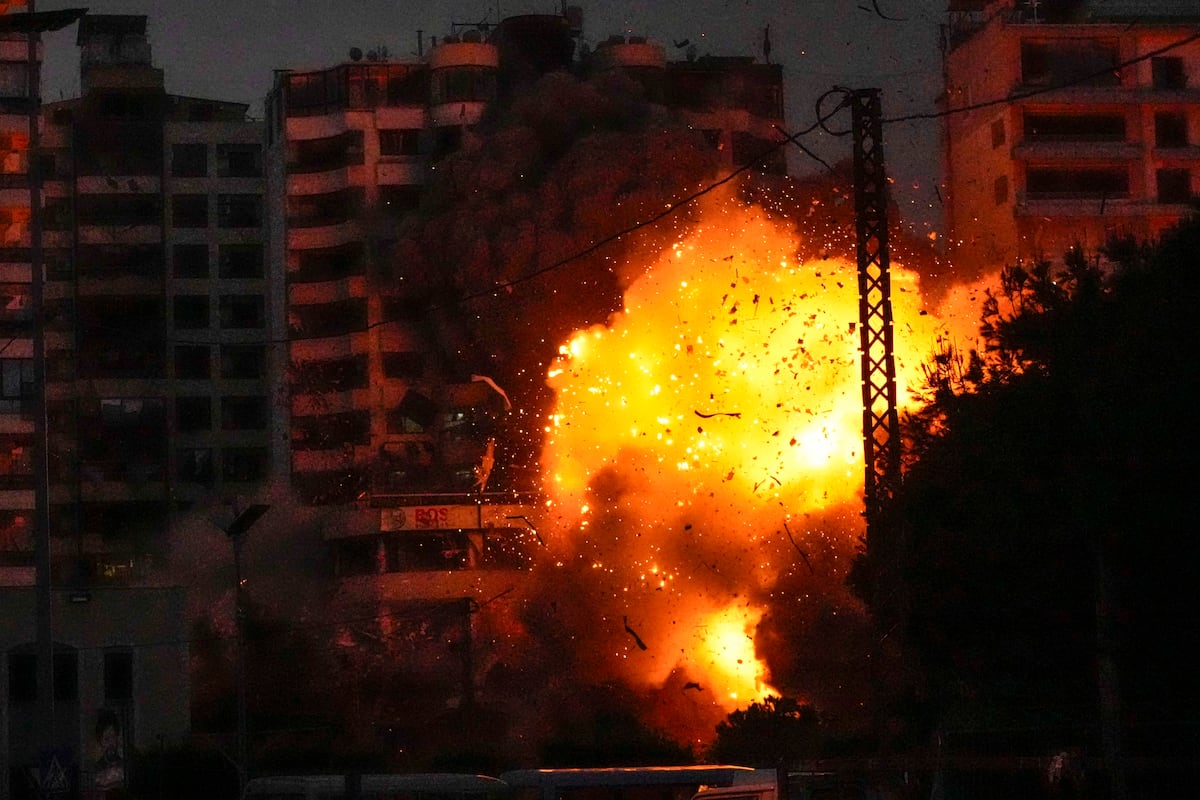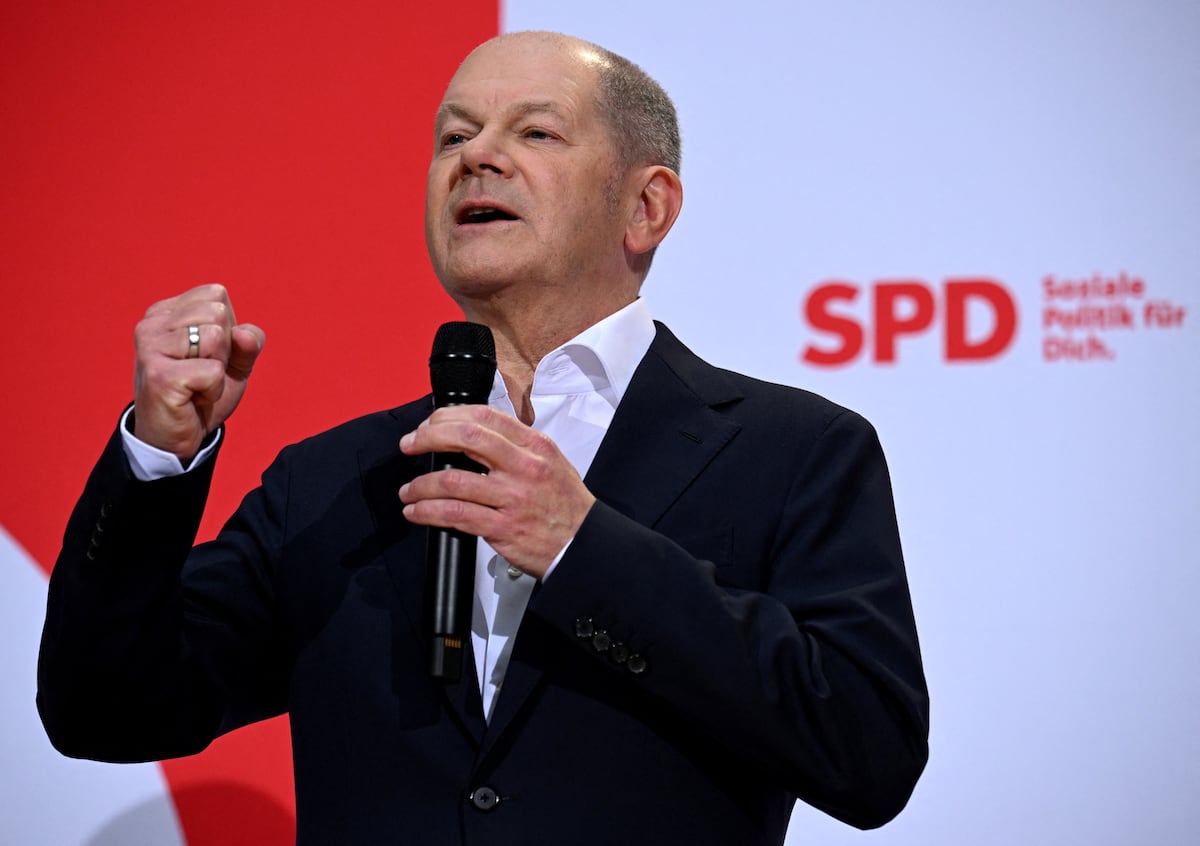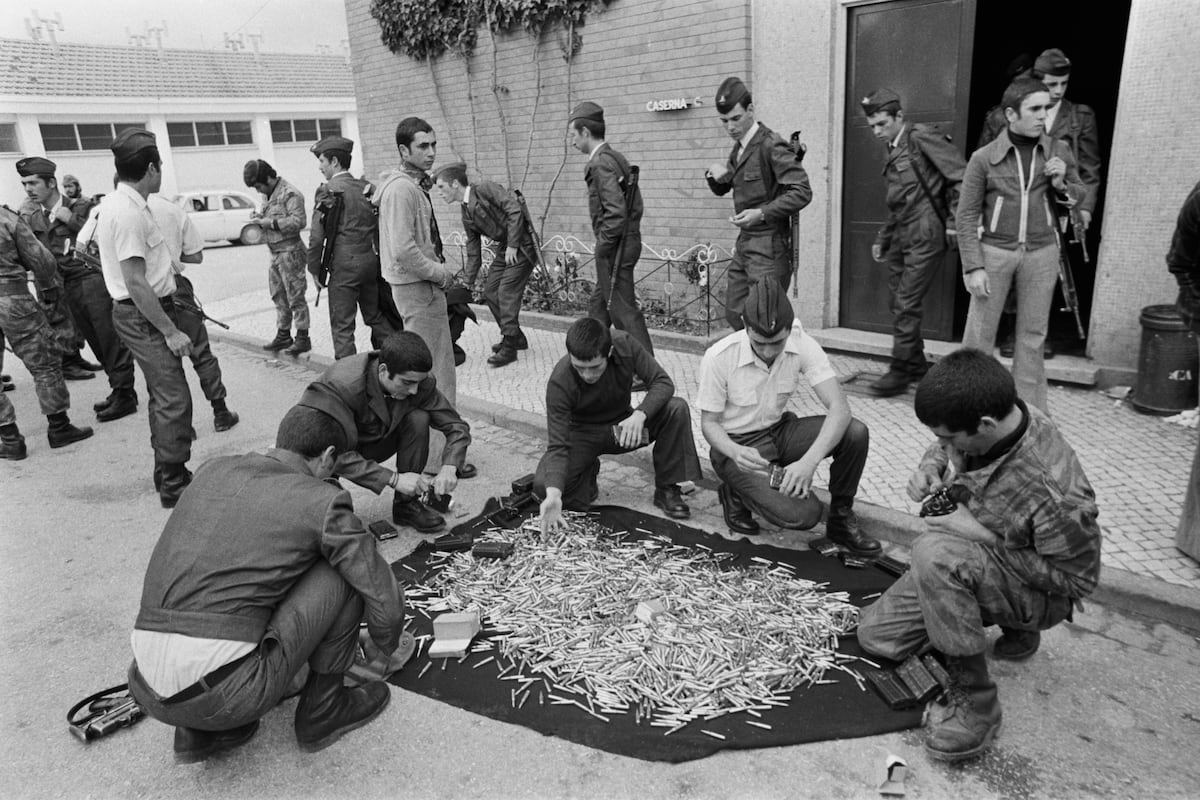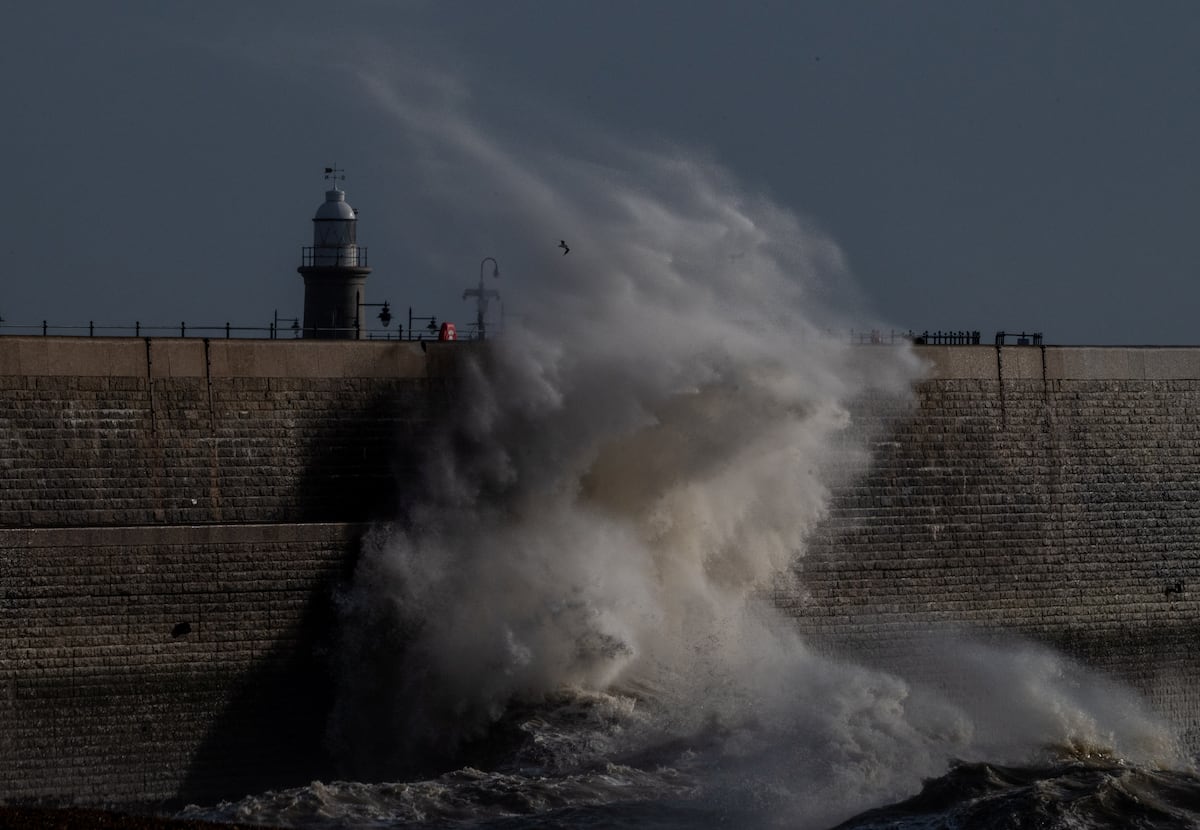Israel and Lebanon finalize a ceasefire. The presidents of the United States, Joe Biden, and of France, Emmanuel Macron – two of the countries that will make up a committee to monitor compliance with the agreement whose creation has been demanded by the Government of Benjamin Netanyahu – will announce it in the next 36 hours, according to reports. declared four high-ranking Lebanese sources to the Reuters agency. That same day in the afternoon, the Israeli security cabinet plans to meet to analyze it, with the intention of approving it.
Shortly after this information became known, the White House indicated that the agreement “is close” and negotiations are moving forward. In a telephone conversation with journalists, National Security Council spokesman John Kirby described the conversations as “constructive” and assured that the “path is headed in a very positive direction,” reports from Washington. Macarena Vidal Liy.Kirby has urged caution, however, stating that “nothing is closed until absolutely everything is closed.” “We have to continue working to see if we can end up achieving the ceasefire for which we have been working so long and so intensely,” he added.
In France, sources from the Elysee Palace have also confirmed that the negotiations “have advanced significantly.” The French presidency has also indicated that it continues to “work in this regard with the parties involved and with our American partners” with the aim of “reaching a ceasefire that allows the protection of the populations, the safe return of the displaced to their homes on both sides of the Blue Line and respect for the sovereignty of Lebanon.” The Elysée then expressed the wish that “the parties involved take advantage of this opportunity as soon as possible”, without specifying the date of the possible announcement, but hinting that it could be imminent, reports from Paris. Daniel Verdú.
The bulk of the agreement had been practically closed for days and consists of a 60-day truce designed to become permanent. The Israeli army would remain during that period in the south of the country – where it has been advancing since October, demolishing entire villages – and the beheaded and weakened Hezbollah would withdraw its militiamen and weapons to the north of the Litani River, about 30 kilometers from the border. After those 60 days, the Lebanese Armed Forces would deploy thousands of soldiers there to ensure compliance with their part of UN Resolution 1701, which ended the 2006 war with the same contenders. Israel will not create a buffer zone, as it did in the past and was now asking for a share of its leadership.
Formally, this is an indirect agreement between Israel and Lebanon (they do not have diplomatic relations) through Washington. In practice, the agreement is with Hezbollah, as the Lebanese Armed Forces have strived to stay out of the conflict, despite losing at least 45 soldiers to Israeli bombing during the 13 months of hostilities, which Israel turned into Open war last September. The president of Parliament, Nabih Berri, has been in charge of transferring Hezbollah’s positions.
The last issues focused on the composition of the monitoring committee, as sources familiar with the negotiation told this newspaper. The vice president of Parliament, Elias Bou Saab, assured the Reuters agency this Monday that they have been resolved in the last few hours, so there are no longer “serious obstacles” for it to begin to be implemented. The committee will be chaired by the United States (Israel’s main ally) and made up of four other countries. It is the result of Israel’s distrust of the 10,000 UNIFIL peacekeepers who monitor compliance with the resolution in the area.
Leeway
The key is, however, outside the text. Although Israel will withdraw its troops from southern Lebanon and will stop bombing dozens of targets, as it does daily, it will continue to attack Lebanese territory (in violation of UN resolution 1701) in retaliation for attacks against its territory or when it considers that it faces a threat or that Hezbollah is trying to reorganize south of the Litani. The new Israeli Foreign Minister, Gideon Saar, has made this explicit by pointing out that, if it goes ahead, the litmus test of the pact will lie in “preventing Hezbollah from moving south of the Litani” and “rebuilding its strength and rearmament throughout Lebanon.”
Nobody wants, however, to ring the bell in a region where the maxim that “nothing is agreed until everything is agreed” prevails, born in the negotiations in the nineties between the British and Irish governments and carried, among others, to the peace dialogue between Israelis and Palestinians. Even more so when Biden saw on more than one occasion a ceasefire agreement in Gaza very close that never came.
In Israel, furthermore, some sectors have come out against the agreement or asked for transparency about its terms, although its approval does not seem at risk. One of them is the Minister of National Security, the far-right Itamar Ben Gvir, who has described it on social network ceasefire” “We must continue until absolute victory!” he noted.
As is usual in war conflicts, the foreseeable imminence of the end of hostilities has intensified them: the Israeli army has launched four waves of bombings on Dahiye, on the outskirts of Beirut, and killed more than 10 people with missiles during the day. and drones in the Tire region in the south. At noon, the Israeli army spokesman in Arabic, Avijai Adree, urged the population to “immediately” abandon entire neighborhoods of the historic Mediterranean city, where a large part of the population has fled, the streets look empty and the traces of the Bombings can be seen every few buildings. Less than an hour later, a missile hit a building in the area, generating a cloud of smoke along the coast, while another faded on the other side of the city.
It has been one of the deadliest days in Tire (especially due to unannounced attacks by drones), in the midst of escalating crossfire. Over the weekend, Hezbollah launched up to 250 projectiles at Israel, including the Tel Aviv area, and the Israeli army killed up to 30 people when it demolished a building in the heart of the Lebanese capital. The fear of an increase in attacks has led the Israeli rearguard command to tighten activity restrictions on the population in the north of the country and in the Golan Heights (Syrian territory occupied since the Six-Day War of 1967). and the Lebanese Ministry of Education to cancel in-person classes during the day.







